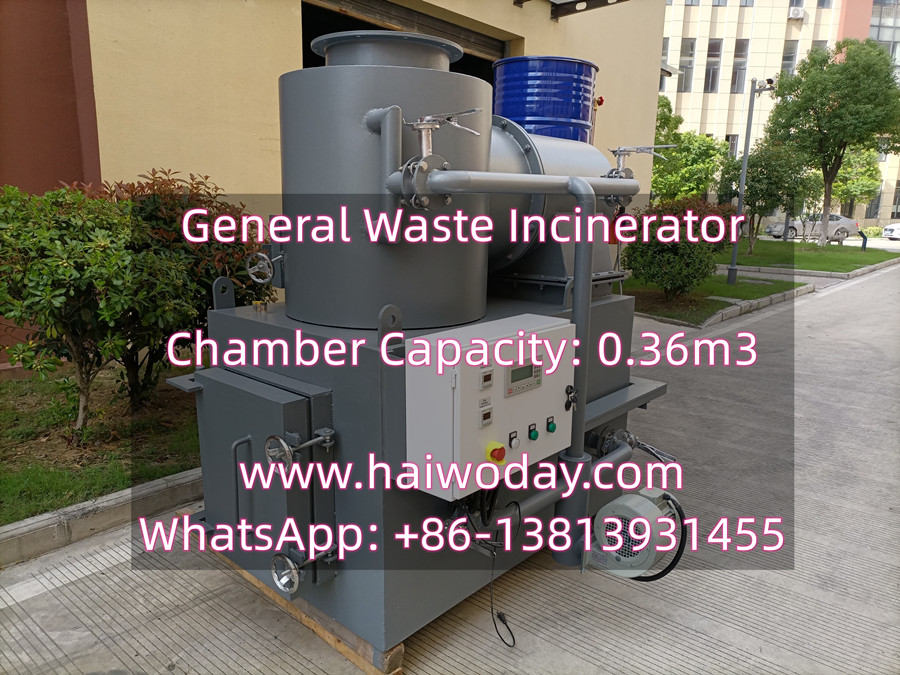Germany’s waste to energy industry has seen a significant increase in recent years, reaching new heights as the country continues to prioritize sustainability and environmental protection. With a strong commitment to reducing greenhouse gas emissions and increasing renewable energy sources, the waste to energy sector has become a key player in Germany’s transition to a greener and more sustainable future.
According to recent data, Germany’s waste to energy industry has experienced a remarkable growth in the last decade, with the country now leading the way in Europe in terms of waste to energy capacity and output. This rapid expansion can be attributed to a number of factors, including government incentives and regulations, advancements in technology, and a growing public awareness of the importance of waste management and renewable energy.
One of the main reasons for the surge in Germany’s waste to energy industry is the country’s ambitious renewable energy targets. Germany has committed to producing 65% of its electricity from renewable sources by 2030, and waste to energy plays a crucial role in helping to achieve this goal. By converting waste into energy, Germany is not only reducing its reliance on fossil fuels but also contributing to the reduction of landfill waste and the prevention of harmful emissions.
In addition, the German government has implemented a number of policies and programs to support the growth of the waste to energy industry. This includes providing financial incentives for waste to energy projects, as well as implementing strict regulations on waste management and disposal to ensure that a larger portion of the country’s waste is being utilized for energy production.
Technological advancements have also played a significant role in the industry’s growth. New and improved waste to energy technologies have made the process more efficient and economically viable, allowing for greater energy output from a wider range of waste sources. This has led to an increase in the number of waste to energy plants throughout the country, as well as the development of more sustainable and cost-effective methods for converting waste into energy.
Furthermore, public awareness and support for the waste to energy industry have been on the rise in Germany. With a growing understanding of the environmental and economic benefits of waste to energy, there has been increased public and private investment in the sector, leading to further growth and innovation.
As Germany’s waste to energy industry continues to soar to new heights, it is clear that the country is well on its way to achieving its renewable energy targets and reducing its environmental impact. With a strong commitment from the government, advancements in technology, and growing public support, Germany’s waste to energy industry is poised to remain a leading force in the global transition to a more sustainable and eco-friendly future.



